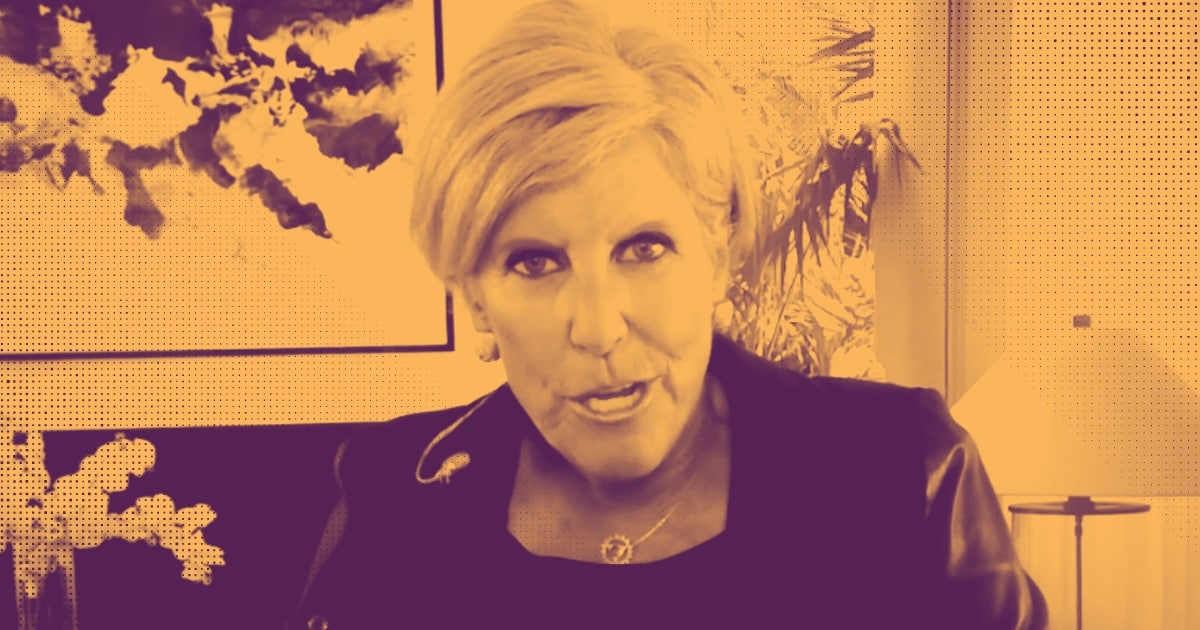Podcast: Play in new window | Download
Living in the midst of a global pandemic has forced many of us to think about our legacy and face our mortality much sooner than planned. How you set up your finances for your family to navigate short- and long-term will be a part of your legacy—for better or worse. As unsettling and uncomfortable as it may make us feel, it is something we have to deal with now—avoidance won’t make it go away.
In this important and timely episode, America’s most recognized expert on personal finance, Suze Orman, will arm you with tools and motivation to summon your warrior within, embrace this as an amazing opportunity to create a financial roadmap, and protect yourself and your loved ones.
This Month’s Guest:
SUZE ORMAN has been coined America’s favorite financial advisor by The New York Times, and “a force in the world of personal finance” and a “one-woman financial advice power house” by USA today. A #1 New York Times bestselling author, two-time Emmy Award winner, host of the popular Women & Money podcast, magazine and online columnist, writer/producer, and one of the top motivational speakers in the world today, she is undeniably America’s most recognized expert on personal finance. Twice named to the TIME 100 and ranked among the World’s 100 Most Powerful Women by Forbes, Orman was the host of The Suze Orman Show on CNBC for thirteen years, and a contributing editor to O: The Oprah Magazine for 16. However, some may say her true claim to fame is having been spoofed on Saturday Night Live four times. Orman’s incredible journey to becoming America’s most recognized expert on personal finance began as a young broker at Merrill Lynch, helping clients of all backgrounds create a financially secure retirement plan. Orman was an account executive at Merrill Lynch from 1980 to 1983, served as Vice President-Investments for Prudential-Bache Securities from 1983 to 1987, then directed the Suze Orman Financial Group from 1987 to 1997. Currently, Orman hosts the popular Women & Money podcast, serves as the official personal-finance educator for the United States Army and Army Reserve, and is a special advocate for the National Domestic Violence Hotline, bringing her message of awareness and empowerment to women who have suffered financial abuse.
Our Host:
CELESTE HEADLEE is a communication and human nature expert, and an award-winning journalist. She is a professional speaker, and also the author of Do Nothing: How to Break Away from Overworking, Overdoing, and Underliving, Heard Mentality and We Need to Talk. In her twenty-year career in public radio, she has been the executive producer of On Second Thought at Georgia Public Radio, and anchored programs including Tell Me More, Talk of the Nation, All Things Considered, and Weekend Edition. She also served as cohost of the national morning news show The Takeaway from PRI and WNYC, and anchored presidential coverage in 2012 for PBS World Channel. Headlee’s TEDx talk sharing ten ways to have a better conversation has over twenty million total views to date. @celesteheadlee
Additional Resources:
- Special offer on Suze’s Will & Trust Kit (a.k.a. “Must-Have Documents”)
- Another special offer on Suze’s Ultimate Protection Pak for 18+ (a collection of must-have legal documents for young adults)
- Listen to Suze Orman’s Women & Money Podcast
- Get the information you need to vote this year at Vote411.org.













